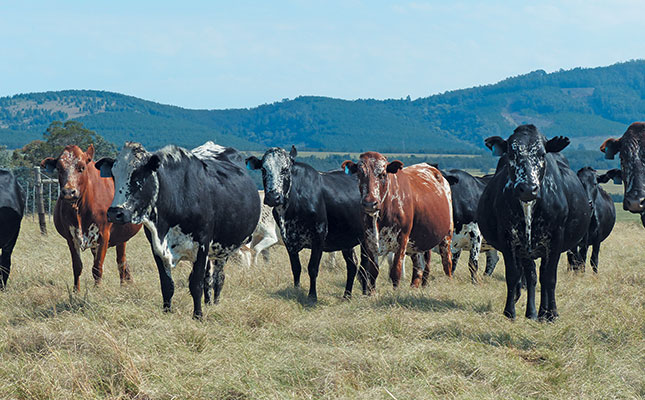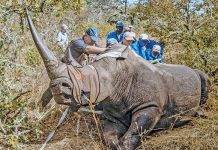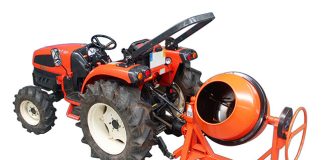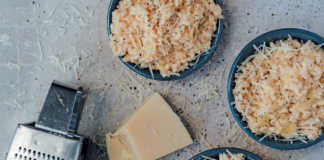
Photo: FW Archive
I grew up on a farm in the Queenstown district of the Eastern Cape, where my father, Benjamin ‘Popeye’ Brody, had a cattle operation.
In addition to his main herd, he had built up a small herd of Nguni, having been impressed by their resilience under demanding conditions, their longevity and their resistance to tick-borne diseases.
READ Breeding indigenous Ngunis in the Piketberg
Many of his neighbours, however, were critical of the Nguni’s relatively small frame and its propensity to put on too much fat before reaching an ideal slaughter weight.
In the mid-1980s, when I was in high school, we experienced a very long drought in our area. While my father spent a large sum on feeding his main herd with expensive bagged feed, he more or less left the Ngunis to graze on the depleted veld.
Despite this, they thrived; he had a Nguni cow that produced a fit and healthy calf at 20 years of age!
By this stage, many of the naysayers had already culled large numbers of their cattle.
Although the Nguni has come under criticism in the red meat industry, the breed can play an important role in communities where climate change and drought are wreaking havoc, thanks to their prolific breeding potential and resistance to local livestock diseases.
In addition, Nguni cows make good mothers and have surprisingly large quantities of milk for cattle not classified as dairy animals.
The Nguni is superbly adapted to Southern Africa’s environmental conditions. Its long tail enables it to swat away flies, the smooth coat provides little place for parasites to hide in, and its pigmented eyes and nose ensure better protection against the harsh African sun.
A solution for the Nguni’s small-frame problem
The breed is ideal for communal farmers who raise cattle for the informal market. But what of communal farmers entering the emerging-farmer domain who want to sell weaner calves to the commercial feedlot industry?
Many of the large feedlots are reluctant to buy pure Nguni weaners. However, I know of programmes where Angus, Simmentaler and Charolais bulls are used as terminal sires on Nguni cows.
In addition, trials are being conducted to develop breeds that transfer the natural parasite and illness resistance of the Nguni to commercial herds, or produce hardier animals more acceptable to the feedlot industry.
Cattle breeds that live and produce for longer while consuming less grass or feed are becoming more popular as farmers seek new ways to produce red meat more cheaply and efficiently.
I know of a commercial farmer in the Queenstown district raising very good- quality weaner calves from Charolais bulls/Nguni cows; they fetch similar prices to those obtained by farmers producing purebred beef breeds.
The challenge in the communal setting is to keep the Nguni breeding nucleus pure by selling all cross offspring in order to prevent a gradual ‘watering down’ of the nucleus in a particular region. Breeding programmes therefore require very strict management.
Heavier weaner weights than Nguni calves
Most farmers I’ve spoken to report that when they use purebred beef sires, weaner weights are reasonably consistent at a respectable 215kg to 220kg, while pure Nguni weaners are considerably lighter, ranging from 170kg to 180kg.
When considering buying purebred beef sires from a reputable breeder, discuss your plans with the breeder so that you can buy the bulls that will sire the ideal size and weight of calf.
This will help limit potential problems such as difficult calving.












